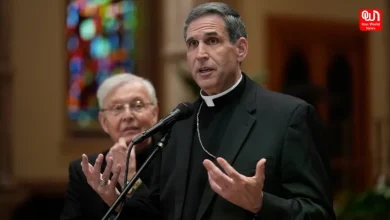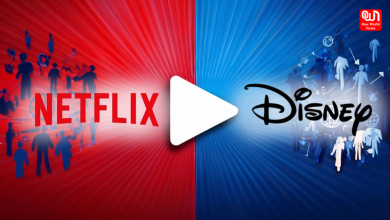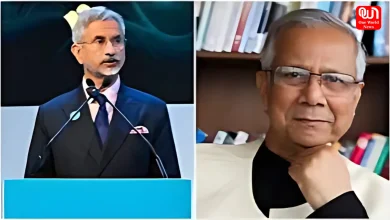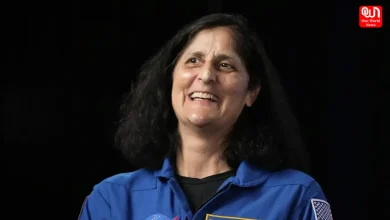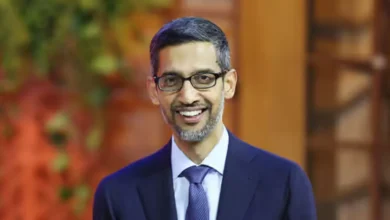Meet Shashank Sharma, a Visually Impaired Artist making a Mockumentary with Entirely Blind/ Low Vision Cast and crew

Shashank Sharma, a Visually Impaired Artist setting an example for ‘Disability Doesn’t Define you’. Makes a Mockumentary with Entirely Blind/ Low Vision on service animals and guide dogs.
The passion for storytelling, the inclination towards art doesn’t see any boundaries would be a lot more cliched to say but the story of Shashank Sharma can really move you to believe this. Shashank Sharma, a Visually Impaired Artist is an actor-director who loves telling stories. He has recently created a mockumentary on service animals and guides dogs with an entirelyblind/low vision cast and crew, putting a firm example for everyone that disability does not define artists. The film is named ‘Service: A Dog-umentary’ which is made for the 2021 Easterseals Disability Film Challenge.
Q1. Tell us about yourself and how has your interest in acting and art, so to say developed?
Shashank Sharma (SS):
I have been passionate about storytelling from an early age, not to sound too cliched; my aunt would narrate a new story to me every day after school, about topics such as the space race, dinosaurs, titanic, Mughal raj, etc.
I was born and raised in the United Arab Emirates, after completing school there I went to Film School at Lancaster University, in England, where I also taught salsa for a couple of years.
After graduation, I moved to India to work in theatre, under the tutelage of veteran stage director Mr. Feisal Alkazi. I have performed with four different theatre groups in India, doing shows all over the country, honing my craft as a performer. I have performed plays like Anton Chekov’s Three Sisters & Charles Dickens A Tale of Two Cities-The Musical to MakhanlalChutarvadi’s Krishna Arjun Yudh. I am visually impaired in both eyes since birth and over the lockdown, whilst I have continued doing theatre online, I have also been training with acting coach Rishi Mehta one-to-one, to portray fully sighted characters for the screen and stage.
Q2. Tell us about the Documentary you have made, what is it about and where is it going to get screened.
So, this documentary was made for the Easterseals Disability Film Challenge which was created by actor Nic Novicki in 2014 as a response to the underrepresentation of disabled talent in film. The purpose of this challenge is to give filmmakers- with and without disabilities- the chance to showcase disability in its many forms. You need to have at least one person with a disability on your team.
This year, the given genre was a mockumentary. We made a film about how service animals and guide dogs are coping during the pandemic. We used humour to deal with and raise awareness for a very real issue. There are so many people who have lost/had to retire their service animals because they aren’t able to function as they are supposed to. We as humans are not the only ones who have been locked away, just like the quarantine has affected us, it has also affected service animals, who need practice. We had two guide dogs with their owners, along with three experts; a vet named after a soft drink-Dr Pepper, A dog psychic-Doctor Desipherer and the character I play, Al Pet-cino, a blind dog trainer.
Q3. So, since the film was being made in the pandemic, what were the challenges you had faced. Take us through the making process of the film.
After we got the theme on the 16th, we bounced ideas as a group and chalked down the script by the 17th. We filmed most of the actors on the 18th and 19th and began preliminary editing from the 20th.
Issues because of the Time Zones
Between us, we had four time zones, so getting everyone together at the same time was definitely not easy. For me, I was about 12 and a half hours ahead of the rest of my team, so we would start at 10 am Pacific Standard Time, which for me would be 10 30 pm at night me, and work through the night to 10 30 am the next morning. My role in the production was primarily as a writer and actor, but I wanted to be involved in the whole process. This is something I had picked up when I was working on student films as well as feature films like Dolittle, back in England. You should always be at hand/available throughout the filmmaking process regardless of the role you’re assigned. I will get to why this was important in a minute.
I as well as the other producers on the film made sure we did not have any other projects that week, so we could focus solely on this. So, I sent out all my auditions and tapes for other projects before and changed my sleep cycle to Pacific Standard Time.
Challenges at the time of editing
We had two editors, one in LA, one in Montana who would cut the film together. At the 11th hour, we realized we would be unable to transfer the project files between editors. We tried for at least four hours to find a solution, but couldn’t. The editor in LA had to start editing the film from scratch, we had six hours until we had to submit it. The film has to be under 6 minutes, we had 7 actors, 3 pets as well as voice-over narration we had to fit into 6 minutes. All of us (me and the two other producers) assisted the editor in LA (Spencer), going through all the hours of footage, deciding what to use and what not to use. We had to ensure all the characters made sense, hard decisions on what to leave on the cutting floor and what to include ensuring we kept the essence of the film.
This was our biggest challenge, to get not only a film in before the deadline but something that reflected our efforts of the previous month or so of preparation. We really pulled together as a unit, got over this hurdle, which showed everyone’s character. Most of us by the end of it had gone, about 40 hrs. plus without sleep. But gladly, we made the film, and I hope that now people will not have a disability as an excuse for not having the disabled staff, cast, and crew.
Have a news story, an interesting write-up or simply a suggestion? Write to us at info@oneworldnews.com



